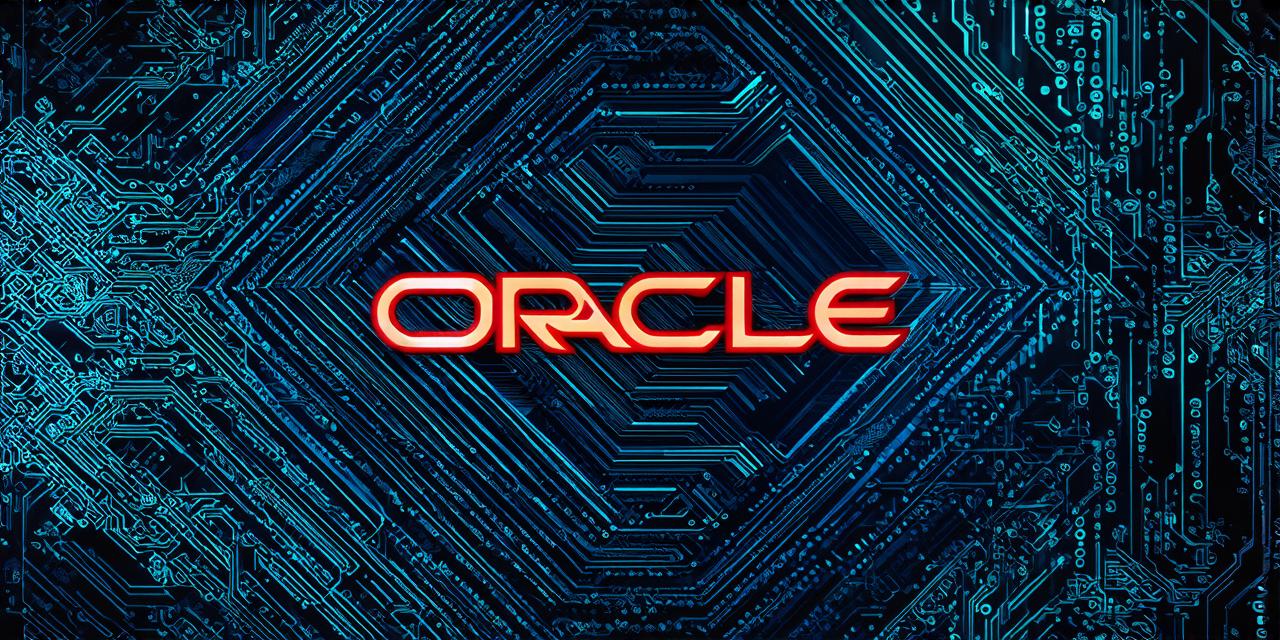Blockchain technology has revolutionized the way data is stored and accessed, making it more secure, transparent, and decentralized. One of the key components of blockchain is the Oracle, which is used to access external data sources and integrate them into the blockchain network.
What is an Oracle?
An Oracle is a system or service that provides data or information to another system or application. In the context of blockchain, an Oracle is used to access external data sources such as databases, APIs, and other systems, and integrate them into the blockchain network. The Oracle provides real-time and accurate information to smart contracts, which are self-executing programs that run on the blockchain.
The Oracle in Blockchain: How it works
A blockchain network is a distributed ledger that contains a record of all transactions and data that take place within it. The Oracle plays an important role in this network by providing external data that can be used to trigger smart contracts and other actions within the blockchain.
When a smart contract needs access to external data, it sends a request to the Oracle. The Oracle then retrieves the necessary data from its own system or service and sends it back to the smart contract. The smart contract can then use this data to make decisions or trigger actions within the blockchain.
Case Studies: Real-Life Examples of Oracles in Blockchain
There are many real-life examples of Oracles being used in blockchain applications. Here are a few:
Chainyard
Chainyard is a blockchain platform that uses an Oracle to integrate data from various sources into the blockchain. For example, Chainyard has integrated data from the Food Trust, which is a consortium of food companies that use blockchain to track food products throughout the supply chain. This data is used by smart contracts to ensure that products are safely and ethically sourced and transported.

Oracle Blockchain Cloud Platform
The Oracle Blockchain Cloud Platform (OBCP) provides a range of tools and services for building and deploying blockchain applications. One of these tools is the Oracle Data Service Cloud, which is used to integrate data from external sources into the blockchain. For example, OBCP has been used by a major retailer to track inventory levels and manage supply chain logistics using blockchain.
Tradefine
Tradefine is a blockchain platform that is used to manage trade finance transactions. The platform uses an Oracle to integrate data from various sources into the blockchain, such as invoices, contracts, and other documents. This data is then used by smart contracts to automate the payment and settlement of these transactions.
The Benefits of Oracles in Blockchain
Oracles provide many benefits for blockchain applications. Here are a few:
- Increased security: By integrating external data sources into the blockchain, Oracles can help ensure that data is secure and tamper-proof. This makes it more difficult for hackers or other malicious actors to compromise the integrity of the data.
- Improved transparency: Oracles provide real-time and accurate information to smart contracts, which can be used to make decisions or trigger actions within the blockchain. This can help improve transparency by making it easier to track and verify transactions.
- Enhanced efficiency: By automating many of the processes that were previously manual, blockchain applications can become more efficient and cost-effective. Oracles can help achieve this by providing real-time data that can be used to trigger actions within the blockchain.
